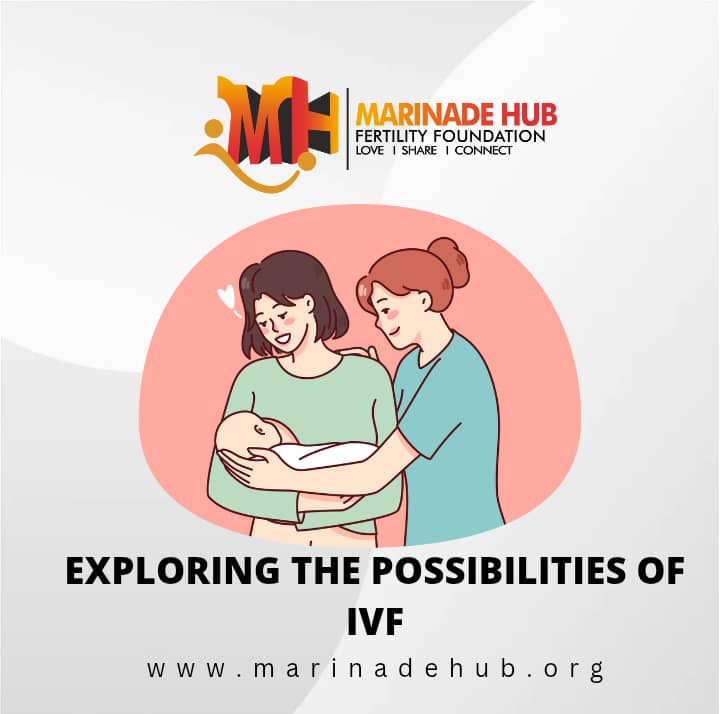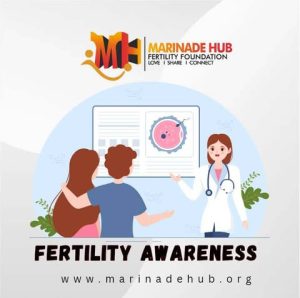Your Comprehensive Guide to Fertility: Treatments, Therapies, and Emotional Support on Your TTC Journey.
Trying to conceive (TTC) can be an overwhelming journey filled with hope, challenges, and a spectrum of emotions. Whether you’re exploring medical options, considering alternative therapies, or managing the emotional rollercoaster, understanding your choices and caring for your mental health is vital. This comprehensive guide combines expert insights on fertility treatments, holistic approaches, and emotional coping strategies to support you every step of the way.
Understanding Fertility Treatments: IUI, IVF, and Beyond.
Intrauterine Insemination (IUI)
IUI is a simple yet effective fertility treatment where specially prepared sperm is placed directly into the uterus during ovulation. It’s often recommended for mild male infertility, unexplained infertility, cervical mucus problems, or ovulatory issues. Single women using donor sperm may also consider IUI.
In Vitro Fertilization (IVF):
IVF is a more advanced process involving ovarian stimulation, egg retrieval, lab fertilization, embryo culture, and embryo transfer. IVF suits those with blocked fallopian tubes, severe male infertility, endometriosis, or unexplained infertility. It offers a powerful option for many couples on the path to parenthood.
Intracytoplasmic Sperm Injection (ICSI)
ICSI is a specialized IVF technique for severe male infertility, where a single healthy sperm is directly injected into an egg. It improves fertilization chances for those with low sperm count, poor motility, or previous IVF fertilization failures.
Exploring Donor Options and Gestational Surrogacy
When egg or sperm quality or availability is a challenge, donor eggs or sperm provide a generous, life-changing alternative. Donor eggs come from fertile women, fertilized via IVF, and transferred to the intended mother or carrier. Donor sperm can be used in IUI or IVF to help individuals or couples conceive.
Gestational Surrogacy:
For those unable to carry a pregnancy due to uterine factors, health risks, or recurrent losses, gestational surrogacy offers a compassionate solution. A surrogate carries an embryo created from the intended parents’ (or donors’) gametes, nurturing the pregnancy without a genetic link to the child.
Embracing Alternative Therapies to Complement Fertility Care.
Beyond medical treatments, holistic therapies can support your journey:
- Acupuncture: Helps regulate hormones, improve blood flow, and reduce stress.
- Herbal Supplements: Such as maca and vitex may support fertility; consult your healthcare provider first.
- Mind-Body Therapies: Meditation, yoga, and deep breathing reduce stress and promote relaxation.
- Nutritional Therapy: A balanced diet rich in fertility-friendly nutrients like leafy greens and omega-3s supports reproductive health.
- Energy Healing: Reiki and qigong balance the body’s energy and enhance relaxation.
Managing the Emotional Journey of TTC
Trying to conceive can bring intense anxiety and emotional ups and downs. It’s important to recognize and honor these feelings.
Common Causes of TTC Anxiety
- Societal and family pressure
- Fear of infertility
- Stress over timing everything perfectly.
- Comparing yourself to others
- Monthly cycles bringing anticipation and disappointment.
Emotional Triggers and Coping Strategieso: Social media posts, insensitive questions, and negative pregnancy tests can be emotional triggers. Protect your peace by:
- Muting or unfollowing triggering accounts.
- Creating a “calm-down corner” — a safe space to breathe and reset.
- Practicing the “pause and name” technique: Recognize triggers as feelings, not facts.
- Rewriting Your Narrative
- Replace self-doubt with compassion:My timeline is different, not deficient.” ”I am doing my best—and that’s enough.”“I can honor my emotions without letting them define me.”
- Journaling your feelings.
- Mindful breathing exercises.
- Affirmations to nurture self-worth
Handling Social Challenges
When pregnancy announcements feel overwhelming:
- Set boundaries by muting content.
- Name and accept your feelings without judgment
- Engage in joyful activities that remind you of your whole self.
Addressing TTC-Related Grief: You Are Not Alone.
The grief of TTC is often silent but very real. Acknowledge your pain and give yourself permission to feel it fully. Find safe spaces—whether friends, counselors, or supportive communities—to share your journey.
Remember, you deserve moments of joy even amidst the waiting. Your story is far bigger than this chapter, and light can still find you.
The path to parenthood is rarely linear or easy. But with informed choices, holistic support, and emotional compassion, you can navigate this journey with greater strength and hope.
Reach out to fertility specialists, embrace therapies that resonate with you, and above all, be kind to yourself. Your dreams of family are valid, and you’re not alone on this journey.
Join the Conversation
- Have you tried any fertility treatments or alternative therapies? What emotional tools help you manage your TTC journey? Share your story or questions in the comments below—your experience could be the light someone else needs.
You can read more on our Facebook and Instagram Page.





